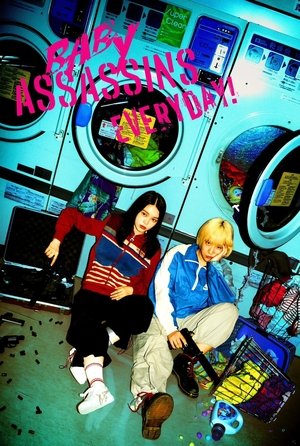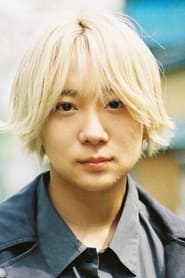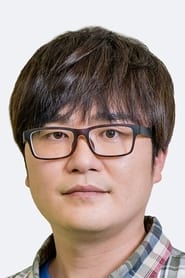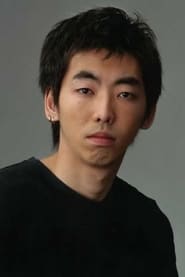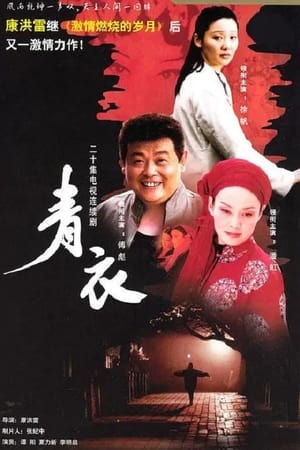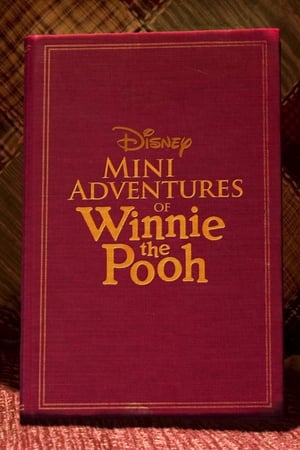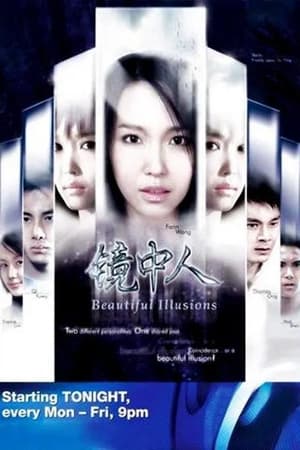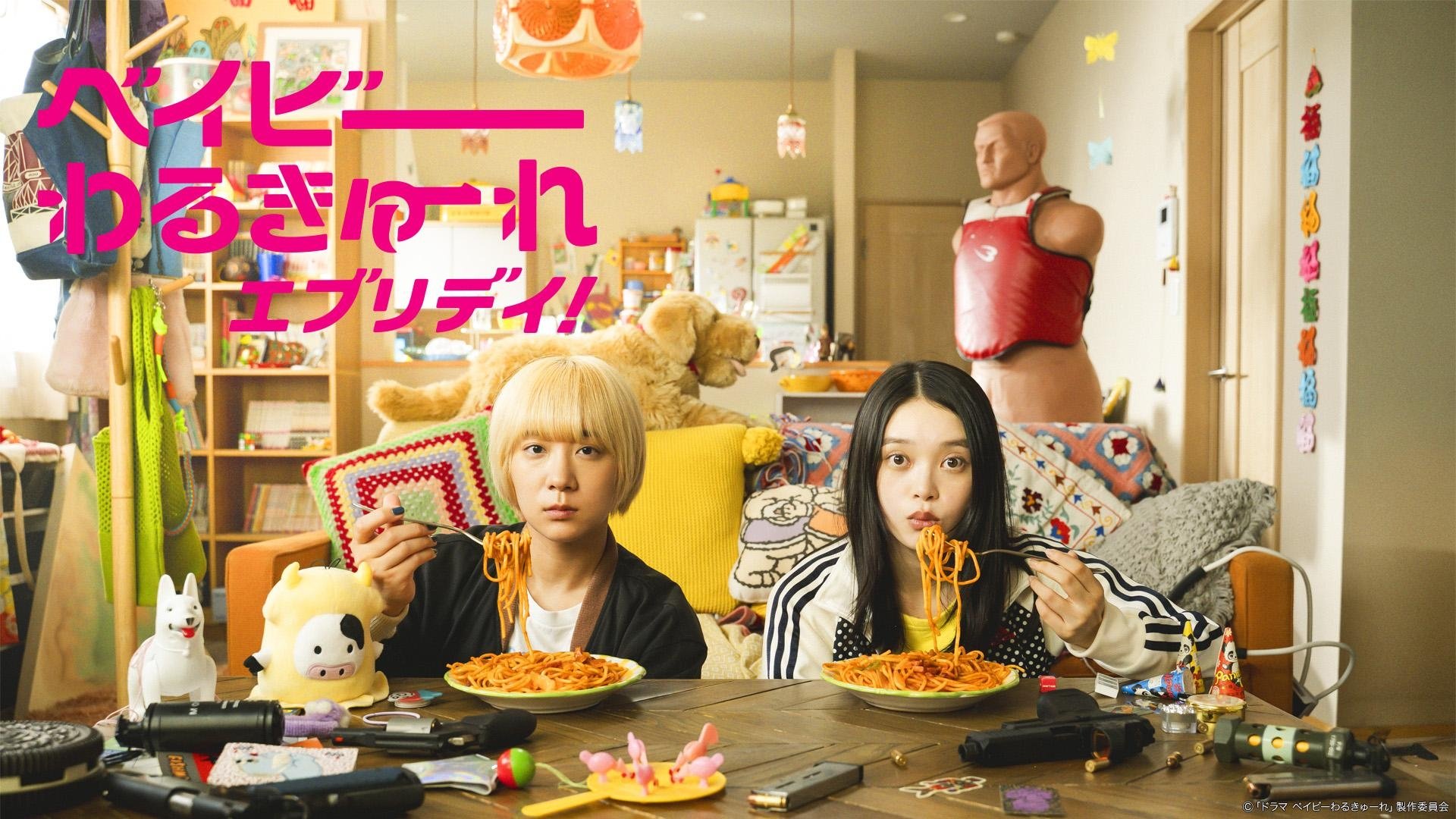
Baby Assassins Everyday!(2024)
Overview
The continued (mis)adventures of teenage assassin duo Chisato Sugimoto and Mahiro Fukagawa.
Networks:

Created By:
Production Companies:



Recommendations TVs
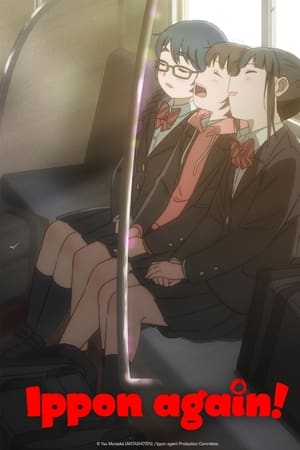
Ippon Again! (ja)
After one last tournament and an embarrassing loss in the final round, Michi decides to call it quits on the sport of judo. Between high school social activities and entrance exams, she’ll have no time to compete in the martial art she loves most, but putting aside old hobbies is a normal part of growing up. Still, the love of judo lingers—and it comes back full force when she meets her new classmate Towa, the girl who bested Michi in her final match! Towa wants to form a judo club at their school, but she’ll need new members to get it up and running. United by their love of judo, they’ll throw in their passions into the ring together and score ippon again!
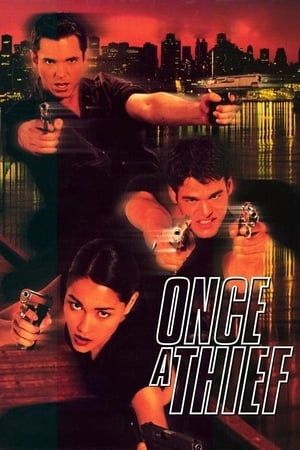
Once a Thief (en)
Once a Thief is a 1997 Canadian television show inspired by the 1996 film of the same name.
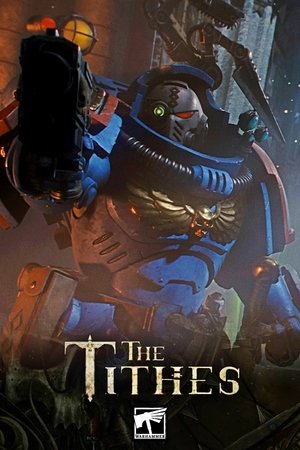
The Tithes (en)
The Tithes is a three-part Warhammer animation anthology. It’s composed of three self-contained stories that each shine a different light on an interesting and little-explored slice of this vast, dystopian setting: The Imperial Tithe.
To Tell the Truth (en)
Five-day-a-week syndicated revival of one of Goodson-Todman's most durable and longest-lived formats: A celebrity panel determines which of three contestants is the actual person associated with a given story.
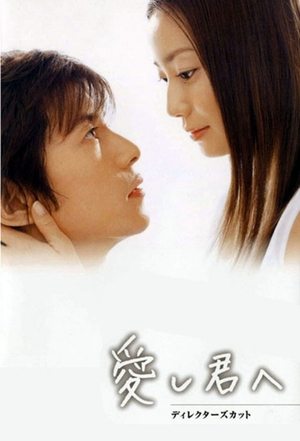
To the One I Love (ja)
What if the one you love were destined to lose his eyesight in three months? What would you like him to see last? If you were him, what would you want to see last? Shiki Tomokawa is a new pediatrician who is enjoying her life. She falls in love with Shunsuke, a cameraman, who is destined to lose his eyesight in a couple of months. How will Shiki react when she finds out Shunsuke's destiny? "To the One I Love" takes place in two contrasting cities?in the hustle and bustle of Tokyo, and in the peaceful city of Nagasaki, and depicts both the joys and sadness of life, and the interaction with family and friends.
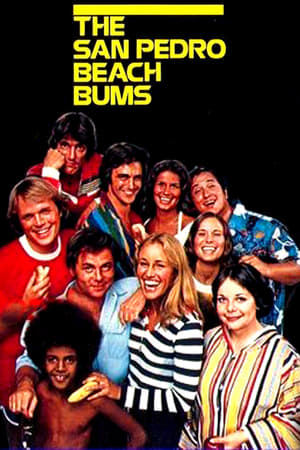
The San Pedro Beach Bums (en)
Five friends since high school decide to share a houseboat in beautiful southern California. Charming Buddy is their leader, Boychick the ladies man. Stuf believes big is beautiful, Dancer is a fidgety type and kind Moose lifts weights.

The Goodbye Girl (tl)
A successful woman with a promising career and a blissful marriage suddenly finds herself at a loss when her husband of seven years leaves her for his one great love.
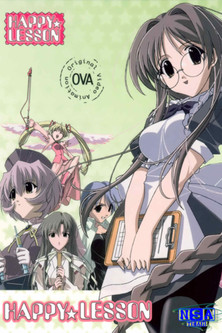
Happy Lesson (ja)
15-year-old Chitose Hitotose moves out of the orphanage back to his vacant parents' house and finds himself very alone and unhappy. But when five of his female high school teachers decide to move in with him to become his new mothers, he learns that the chaos of their constant attention and concern change his life for the better, if only to teach him about the very special meaning of being part of a family and enjoying a quiet moment.
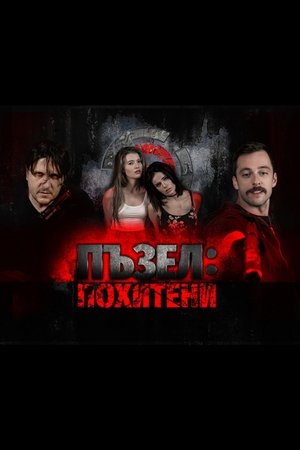
Puzzle: Kidnapped (bg)
Puzzle: Kidnapped is a Bulgarian action web series. The series is produced and distributed by 7Talents. The plot tells the story of four young people who decide to spend Friday night in an escape room. Instead, however, it turns out that they have witnessed a brutal crime. Two hired killers take the youth hostage. Only the four friends' strong will to survive will prevent the criminals from getting away with their crimes.
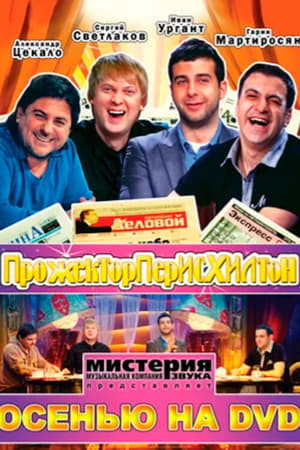
Projectorparishilton (ru)
Four hosts discuss some current news and comment on different issues in politics and economics, similar to 7 Tage, 7 Köpfe. The show's name is a reference to the 80s TV program "Прожектор Перестройки" - a program that was discussing current events on Soviet television during the times of Perestroika - and American socialite Paris Hilton, who, according to Svetlakov, symbolizes lack of taste. Thus, the name of the show implies that this is a current events program that shouldn't be taken seriously.
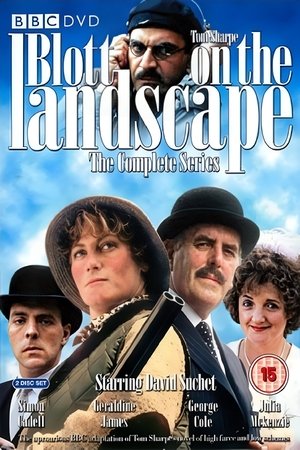
Blott on the Landscape (en)
A thwarted Lady Maud runs off to her solicitor to start divorce proceedings and that gives Sir Giles his bright idea-why not run the proposed bypass for the area through their very own Cleene Gorge, thereby wrecking Lady Maud's ancestral home and copping rather a lot of compensation from the government to boot? Witness the frolics of the bumbling dundridge - the Y-front clad man from the ministry, Sir Giles' versatile Mrs Forthby - Mediterranean harlot and naughty schoolgirl extraordinaire, not forgetting Blott himself, gardener and mystery man, casting his enigmatic eye over the eccentricities of the great British aristocracy... Starring, George Cole, Geraldine James, David Suchet, Simon Cadell and Julia McKenzie

Such a Good Love (zh)
Talented Zhou Shui and loyal Daji fall in love, dreaming of a better future in their cramped rental and finding joy amid hardships. 18 years later, their story is discovered by two 2000s-born youths, who become observers and commentators of this romance. The intersection and intertwining of two generations spark reflections and retrospection on love.
The Jerry Lewis Show (en)
The Jerry Lewis Show is the second version of the series that aired on NBC from September 12, 1967 to May 27, 1969.
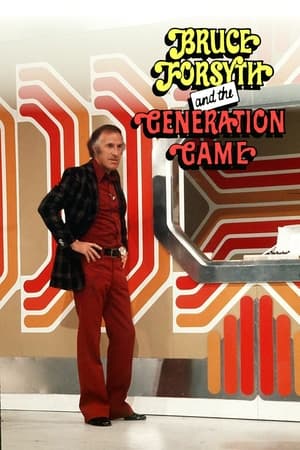
The Generation Game (en)
The Generation Game was a British game show produced by the BBC in which four teams of two competed to win prizes. The programme was first broadcast in 1971 under the title Bruce Forsyth and the Generation Game and ran until 1982, and again from 1990 until 2002. The show was based on the Dutch TV show Een van de acht, "One of the Eight", the format devised in 1969 by Theo Uittenbogaard for VARA Television. Mrs. Mies Bouwman - a popular Dutch talk show host and presenter of the show - came up with the idea of the conveyor belt. She had seen it on a German programme and wanted to incorporate it into the show. Another antecedent for the gameshow was 'Sunday Night at the London Palladium' on ATV, which had a game called Beat the Clock, taken from an American gameshow. It featured married couples playing silly games within a certain time to win prize money. This was hosted by Bruce Forsyth from 1958, and he took the idea with him when he went over to the BBC. During the 1970s, gameshows became more popular and started to replace expensive variety shows. Creating new studio shows was cheaper than hiring a theatre and paying for long rehearsals and a large orchestra, and could secure a similar number of viewers. With less money for their own productions, a gameshow seemed the obvious idea for ITV. As a result many variety performers were recruited for gameshows. The BBC, suffering poor ratings, decided to make its own gameshow. Bill Cotton, the BBC's Head of Light Entertainment, believed that Bruce Forsyth was best for the job. For years, The Generation Game was one of the strong shows in the BBC's Saturday night line-up, and became the number one gameshow on British television during the 1970s, regularly gaining over 21 million viewers. However, things were about to change. LWT, desperate to end the BBC's long-running ratings success on a Saturday night, offered Forsyth a chance to change channel to host The Big Night.
